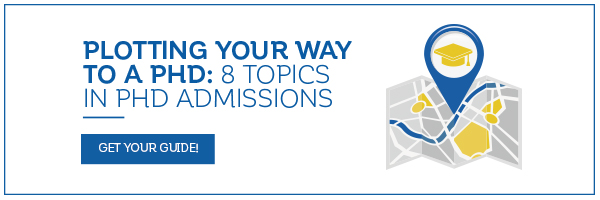
Frequently, applicants in STEM fields are working on projects that are quite technical in nature. Field-specific jargon might show that you know the language of your field—which is important– but using too much of it can also make your SOP very hard to read. Aim for a middle way: you want to demonstrate your knowledge, but you also want to make your project accessible to readers outside your immediate area of specialization, and you need to be able to explain IN PLAIN ENGLISH why your work is important.
This is a matter of tone, and of consideration for your reader. It’s also a skill that will serve you well when you’re writing grant applications, when (as with your SOP) you’ll be submitting proposals to an audience of scholars who might work in your broad field but not in your specific area. You need to be able to present your ideas clearly both to an expert audience and to an audience of educated non-experts. This means minimizing the most technical jargon, and writing in plain English.
Questions to answer, and some jargon-busting tips:
• What is new about your project? How will your research contribute to or advance the state of knowledge in the field? Why is this important?
• Are you building on previous significant work? How? Are you building on your own research experience? How?
• What does your project aim to demonstrate?
• As you work on your SOP, challenge yourself to describe your main research interests in one sentence. Then in one paragraph. Forcing yourself to describe your interests concisely (even if this isn’t the final form you’ll use in your SOP) will help you weed out jargon.
• Read your SOP aloud. If there are sections you find yourself stumbling over, highlight them and return to them – they’re probably less clear than they need to be.
• Give your SOP to someone else to read – someone who is not an expert in your field. Can they understand your description of your research, or do they need you to explain your terms?
Cutting back on jargon, even when you’re describing a very technical project, is a skill in itself – and it’s a useful one to have.
By Dr. Rebecca Blustein, Accepted consultant since 2008, former Student Affairs Officer at UCLA’s Scholarship Resource Center. Dr. Blustein, who earned her Ph.D. at UCLA, has helped hundreds of applicants get accepted to top MS, MA, and Ph.D. programs. She’s also an expert on grad school funding and scholarships. Want Rebecca to help you get accepted? Click here to get in touch!
Related Resources:
• Choosing the Best PhD Program, a free guide
• 5 Fatal Flaws to Avoid in Your Grad School Statement of Purpose, a free guide
• Personal Statement Tip: Less is More
The post Minimizing Technical Jargon in Your SOP appeared first on Accepted Admissions Blog.
from Accepted Admissions Blog
http://blog.accepted.com/minimizing-technical-jargon-in-sops/

No comments:
Post a Comment